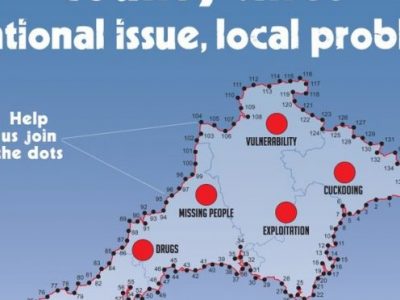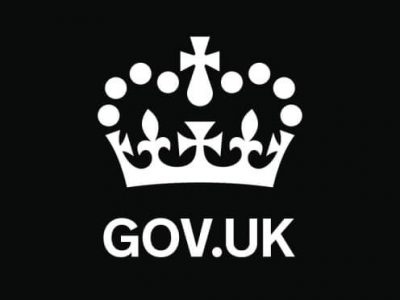
Online safety
The internet is an exciting place for children and young people to play, explore and connect. But it is important to be aware of the risks - such as seeing inappropriate content, cyberbullying or having personal information stolen.
Pre-Birth Procedures
This process has been taken from the London procedures as a guide to supporting unborn babies. Referral Where agencies or individuals anticipate that prospective parents may need additional support and/or
The 1,001 critical days – ages 0-2 years
The DCFP are committed to working together with families early to ensure all children get the best start, we know that a babies early days will affect the rest of
Make a request for support or report a child safety concern
If you are worried about the safety or wellbeing of a child or young person in Devon, or want to discuss options for early help for a child or family,
Private fostering
Private fostering is when a child or young person under 16 years old (or 18 if they have a disability) is looked after for a period of 28 days or more by someone who is not a close relative, guardian or person with parental responsibility.
Bullying
Bullying is behaviour that hurts someone else – such as name calling, hitting or pushing, spreading rumours, threatening or undermining someone. Bullying is not always physical and can have a serious, long-term effect on a child.
Cyberbullying
Bullying that occurs on social media, online gaming or via mobile phones is called cyberbullying. It can include spreading rumours about someone, or posting nasty or embarrassing messages, images or videos.
Sex and sexually harmful behaviour
Learning about sex and sexual behaviour is a normal part of a child's development. It will help them as they grow up, and as they start to make decisions about relationships.
Special needs and disabilities
Some children and young people have special educational needs or disabilities (SEND). This can present significant challenges if you are their parent or carer. If your child has special educational needs or a disability, speak to the professionals already working with your family, such as your health visitor, child’s teacher or GP.
Missing children
100,000 children and young people run away from home or care in the UK each year – that’s one every five minutes. Children run away for all sorts of reasons, including trouble at school or arguments within the family. They may leave on impulse or in protest.
Child sex offender scheme
The child sex offender disclosure scheme allows members of the public – whether parents, carers and guardians or another interested party – to formally ask the police to tell them if someone has a record for child sexual offences.
What the partnership is doing to keep children safe
Every child and young person has the right to feel safe, be protected from neglect, and free from the exploitation of others

News
7 December 2018
County Lines: National Issue, local problem
What are “county lines”? Urban criminal gangs travelling to Devon and Cornwall to sell illegal drugs. “The brand” – a single telephone number, operated from outside the area, for “customers”
7 December 2018
County Lines – Know the signs
Devon and Cornwall Police have today, Tuesday 3 July, launched a campaign to raise awareness of County Lines and how the public can help spot the signs of such criminal
7 December 2018
Working Together 2018
The new 2018 ‘Working Together for Safeguarding Children’ guidelines were realised on 4th July. Download your copy tri.x have kindly provided a strategic overview of the changes aimed at senior managers and Safeguarding
There aren't any news for this category.
If you are concerned that a child is being abused please call
or email mashsecure@devon.gov.uk.
If it’s an emergency call 999



